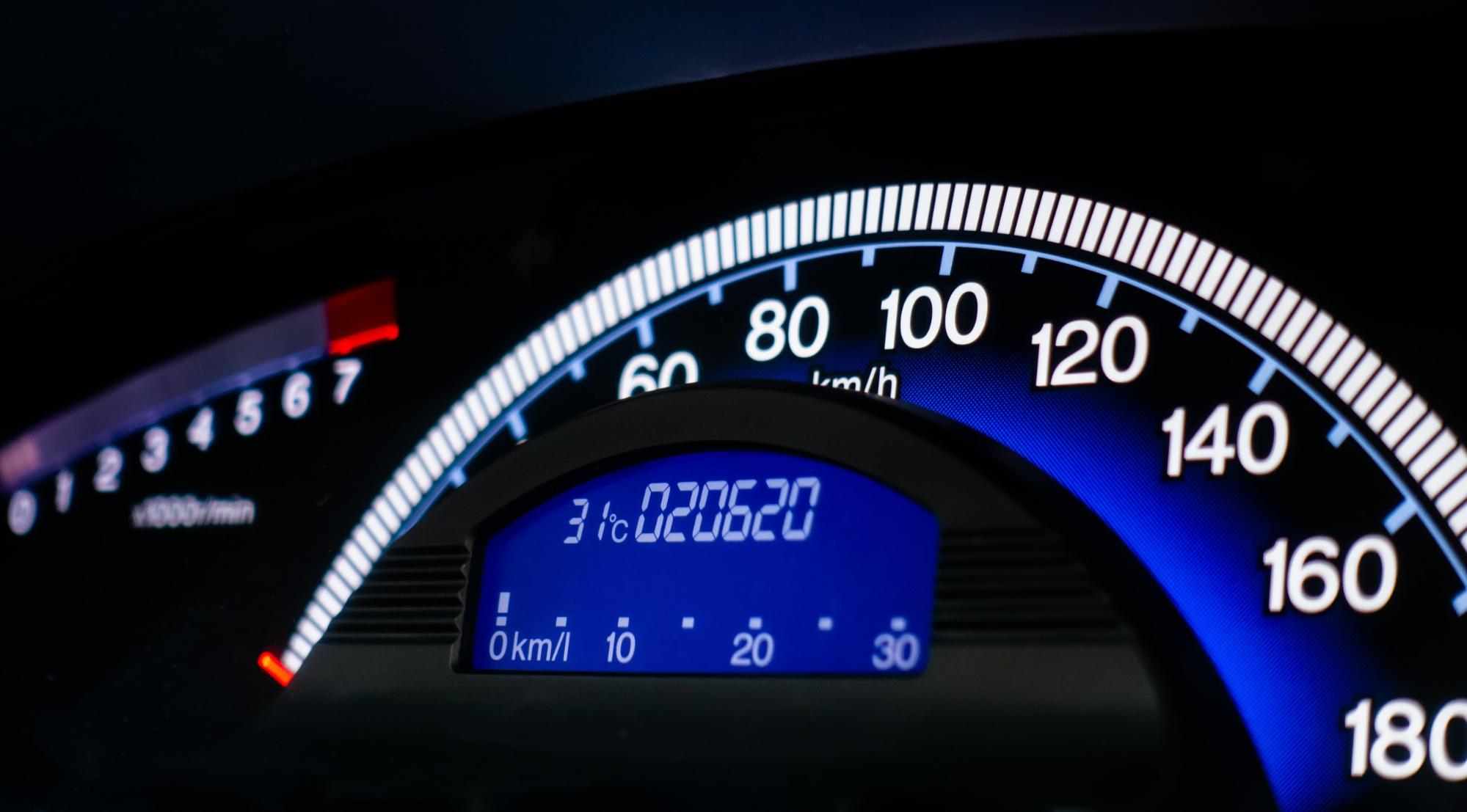
Keeping track of your mileage is essential for claiming the standard mileage deduction. This method allows you to write off the cost of operating your vehicle based on how much it was used for business purposes.
The IRS sets a standard mileage rate each year for business drivers to use when computing their deductions.
It’s Easy
Using an app to track your mileage is easier, faster, and more convenient than paper logs. It also creates tax-compliant mileage and expense reports and helps keep you organized for upcoming tax deadlines.
Keeping a mileage logbook is integral to claiming the standard mileage deduction. It should contain all the details of each business trip, including the date, the mileage, and the destination.
The IRS recommends keeping the records for at least three years after the end of the tax year to ensure you don’tdon’t lose them or miss out on deductions. The IRS may allow your vehicle expenses deductions, levy penalties, and interest if you have reliable, accurate mileage records.
It is also wise to separate your driving expenses from your ones. This will help you better manage your money, as you’ll have a better idea of your total expenses and how much you should deduct from each one.
As a rideshare driver, it’s vital to have a mileage log that shows your trips and the amount of fare money you received for each. While many of these records are built into the apps you use for Uber and Lyft, it’s still a good idea to record your miles to make a strong case for your deductions.
It’s Time-Saving
If you are an independent driver, you may not be familiar with every mile driven for your business – whether it’sit’s to meet clients, run errands or grab work supplies – can be claimed as a tax deduction. Depending on your business category, this can significantly impact your bottom line.
That’s why tracking your mileage is crucial when driving for Instacart, DoorDash, Uber, or any other car-based independent work. Without a timely and accurate log, you could leave money on the table that could be used to offset your deductible expenses.
When tracking your miles, you have various options: manual methods like an odometer and a paper logbook, an expense system, or a mileage-tracking app. These can be helpful, but choosing the best way for your needs is essential and will help you stay organized throughout the year.
The IRS sets the standard mileage rate each year, and you can claim a certain amount for each business mile you drive. If you need clarification on your usual mileage rate, check the IRS website for details.
To calculate your tax-deductible miles, multiply the total number of business miles you drove by the standard mileage rate.
It’s Secure
One of the most important things you can do as a self-employed business owner is to track your mileage. It can save you time, money, and stress in the long run.
You can track your mileage using pen and paper, a digital spreadsheet, or even a real-time smartphone app that tracks your driving habits. A comprehensive and contemporary record will make determining your tax deduction easier for the IRS.
There are two ways to calculate your vehicle deduction – the standard mileage rate and the actual expenses method. Each one has its benefits and disadvantages, so it’s essential to choose the right one for you.
To determine which is better, you’ll need to calculate your car expense each year and compare it against the standard mileage rate to determine the amount you’ll likely save. You can use the IRS’s instructions or online calculators to determine which method gives you the larger deduction.
Then, once you’ve determined which method is best for your situation, keep accurate records of your mileage for at least three years. This way, you’ll have a clear picture of the miles you drove for business purposes and how much they cost.
Ultimately, the easiest way to keep track of your mileage is by using an automatic mileage tracking app. This can be a lot more convenient and reliable than manual mileage logs, and it will also help you to avoid human inaccuracies and mistakes.
It’s Convenient
Whether you’re an Uber driver, a photographer, or an Etsy shop owner, the ability to track your mileage for tax deductions and reimbursements can make a big difference. Keeping track of your business miles ensures you get your employer’s maximum deduction or refund.
In addition, many government guidelines also allow you to claim mileage for medical purposes and charitable organizations. Using an app that can categorize your trips into business and personal will make the task even more accessible.
A good mileage-tracking app can help you save time, money, and stress while calculating your tax deductions. These apps allow you to log your miles automatically from your phone and create a mileage report, which you can print out and submit to the IRS for a tax deduction.
Another advantage of an automatic mileage tracking app is that it will compare your business miles to your other expenses and recommend whichever deduction makes the most sense. For instance, if you drive a car with expensive maintenance costs, this app may suggest switching to the actual expense method instead of the standard mileage method.
For self-employed people, the IRS offers a standard mileage rate that can be used to calculate deductions for business travel. This rate can be adjusted for inflation each year, but it is still a good idea to use it when filing your taxes.









